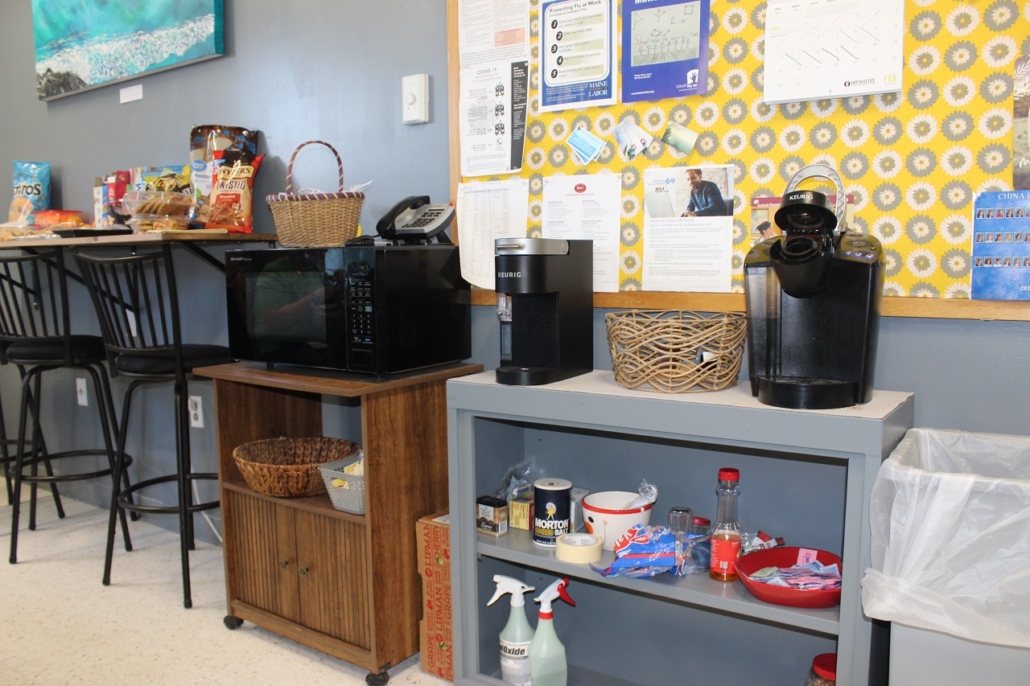Outside activities return to VCS; other good news

Vassalboro Community School (contributed photo)
by Mary Grow
VASSALBORO, ME — Vassalboro School Board members got quite a lot of good news at their April 13 meeting.
Assistant Principal Greg Hughes shared the first item, in his administrator’s report: extracurricular programs are being scheduled again, after two years of pandemic-induced hiatus.
He said one field trip has already been held and two more are planned before the term ends. In-school programs like the book fair and group discussions of shared problems are back, too.
“It feels really good,” Hughes said. He thanked members of the Vassalboro Community School (VCS) Parent-Teacher Organization for their help.
Superintendent Alan Pfeiffer joined Hughes in thanking PTO volunteers. He added another piece of good news: enough four-year-old students have enrolled so next year’s pre-kindergarten will have two sections.
State funds will pay almost all the costs, Pfeiffer said, including a teacher aide for the second class and furniture and supplies for the additional classroom. The local school budget will fund a second pre-kindergarten teacher.
Previously and this year, the superintendent said, after the single pre-kindergarten class was full VCS administrators helped parents enroll their children in out-of-town programs.
Finance Director Paula Pooler had yet more good news.
The audit for the prior fiscal year, 2020-21, showed the food service program was in the black, for the first time in several years; and this year, so far, it still is, she reported. For the current year, overall spending is on target; there is no indication the total 2021-22 budget will fall short.
Next year’s budget, approved unanimously on a first (preliminary) reading by school board members, totals $8,722,176.29. That figure is an increase of more than $400,000 over the current year.
However, state revenue is also up, with the result that if $80,000 is taken from the school’s surplus account (deliberately increased in previous years, Pfeiffer said, so that it could be a revenue source), the school will ask for a little over $77,000 less from Vassalboro taxpayers next year than this year.
Budget committee and school board members were scheduled to review the proposed budget at an April 19 meeting. Vassalboro voters will make final decisions on 2022-23 school spending at their open town meeting June 6 and will reaffirm or reject the budget by written ballot June 14 (the so-called school budget referendum).
Pooler emphasized that higher federal funding due to the pandemic is a big contributor to this year’s and next year’s budgets. When federal funds decline, local spending will need to increase again. Meanwhile, she said, Vassalboro (and its former partners in AOS [Alternative Organizational Structure] #92, Waterville and Winslow) are making sure they get everything they’re entitled to.
In other business April 15, school board members accepted several resignations, including that of assistant principal Hughes.
Principal Megan Allen resigned earlier this spring. Board Chairman Kevin Levasseur opened the meeting by denying a rumor that she and Hughes had been fired. Only the school board could fire them, and the board did not do so; they resigned, for their individual reasons, he said.
Allen wrote in the March 27 school newsletter that she resigned because her experience as principal showed her that “I am a teacher at heart and belong in a classroom.” She plans to work at the college level “to teach future teachers” and to return to middle-school teaching.
A 13-person committee, including school personnel and members of the public, was scheduled to start reviewing resumes of applicants for Allen’s and Hughes’ positions on April 14. This committee, Levasseur told audience members, cannot accept additional volunteers; because it deals with personnel, deliberations are by law confidential.
However, he and Pfeiffer said, volunteers are welcome for other tasks at VCS, including playground and cafeteria monitoring and assisting with a planned library reorganization. There are plans to post volunteer opportunities on the website, vcsvikings.org.
Board member Jessica Clark added that librarian and media specialist Melora Norman is choosy about her volunteers: she wants people who will follow her instructions, not try to tell her how things should be done. Board and audience members smiled understandingly.
Clark asked Pfeiffer what he and other administrators are doing to reduce the number of remote days, when too few staff are available to cover all classes.
“We need people,” Pfeiffer replied. He thanked VCS personnel who have filled in when colleagues are out sick.
The problem is not just local, he added, citing the state-wide shortage of teachers and especially substitute teachers and the difficulty many schools have retaining staff. In an April 12 letter posted on the website, Pfeiffer wrote that during this school year 21 Maine principals have “left their positions” and there have been “22 changes in superintendencies,” including 15 retirements.
After the April 19 budget meeting (and follow-up meetings if needed), the next regular Vassalboro school board meeting is currently scheduled for 6 p.m. Tuesday, May 17.




 by The Town Line staff
by The Town Line staff






